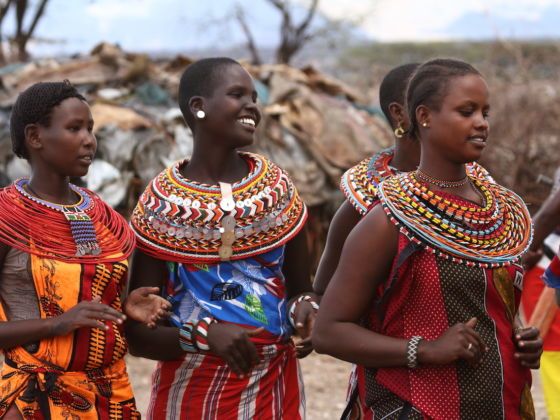“Ninataka samaki tafadahli.” I closed my menu, confident in my ability to order a meal in Kiswahili.
“You want fish?” The waiter asked the question, confirming my order in English.
“Ndiyo,” I replied in the affirmative. “Asante sana.”
“You’re welcome.” He placed half a paper napkin and a fork on the table, took the menu and walked into the restaurant’s kitchen.
